Verbal US war with China, Russia, and North Korea replaces diplomacy
US President Joe Biden's administration has already started a war of words with countries it deems adversaries, namely North Korea, China and Russia.
The rhetoric between Washington and Beijing escalated after US Secretary of State Antony Blinken's trip to South Korea and Japan, where he leveled allegations against China and North Korea, expressing concern about their activities.
The first high level in person talks between top American and Chinese diplomats, revealed the extent of the rift in their bilateral ties.
The two day meeting held in Alaska, saw the two sides trading barbs over a host of issues during the opening session, which usually takes minutes to complete, but in this case lasted for well over an hour.
The Biden administration has also taken a hardline stance against the other traditional US rival, Russia, with the State Department threatening sanctions on any entity that may get involved in the development of the Nord Stream 2 project, a pipeline which would stretch from Russia to Germany.
The US has accused Russia of trying to influence the 2020 presidential election. In an interview Biden said, Russia will "pay a price for attempting to meddle in the election". At one point suggesting that his Russian counterpart, Vladimir Putin, was a killer.
The US, a big brother policy if you want to call it that, is also targeting the Europeans, trying to stop the very important pipeline between Russia and Germany, and they're attacking the very interests of those people that they're trying to bring on board.
All these countries have different relations with China and different relations with Russia, and we saw how the Europeans reacted, or didn't react, I would say, to Biden's outrageous claims that Putin was a killer. Nobody is backing him[Biden] up, and I think they were very shocked by the words of the President, and they're not very happy with the results of that and it certainly doesn't represent their opinion.
William Jones, Executive Intelligence Review, Leesburg
Moscow, Beijing and Pyongyang for their part, have responded to the hostile remarks, yet the fiery US statements are reminiscent of the foreign policy adopted by the hawkish administration of former US President Donald Trump.
Pyongyang was quick to respond to the US threats. North Korean leader Kim Jong-Un's influential sister on Tuesday warned the administration of US President Joe Biden against "causing a stink at its first step if it wanted to sleep in peace for the next four years".
Kim Yo-jong, who is a key advisor to her brother, denounced the annual joint US South Korea military drills, which began earlier this month, saying war drills and hostility can never go hand in hand with dialogue and cooperation.
But the US later clarified its position on North Korea with Pentagon chief, Lloyd Austin, saying Washington was ready to "fight tonight".
Incendiary remarks made by US officials have prompted a response from China. Beijing pointed out that the US no longer the standing to speak to China from a position of power.
In the meantime, Russian President Vladimir Putin hit back at Biden, who had called him a killer, saying "it takes one to know one".
Russia has recalled its ambassador to the US for consultations.
So the US is playing a very dangerous game because they think that they're leading this big troop of international nations to meet the so called autocracies, i.e., Russia and China.
Whereas I think if they look behind them, they're going to see that their army is, is quickly fading and disappearing and going their own way. But it's a dangerous situation because they're pursuing that the United States is still, you know probably militarily undoubtedly the most, most powerful country in the world, they could bring the world to war.
And that's where the danger is. But I think most of the other countries are rational enough to understand that pursuing a path of trying to contain or delimit, or even undermine, the sovereign governments of Russia and China, or either one of those, is a very dangerous game that will only lead to military conflict, and I think they're not going to be on board with that policy.
William Jones, Executive Intelligence Review, Leesburg
Many observers expected the Biden era to mark a departure from Trump's hawkish policies, just over two months into his presidency, however, Biden has set the tone for what the world can expect for at least the next four years.
Yemen fires hypersonic missile at Israeli airbase
VIDEO | New Delhi chokes under toxic smog as air quality remains at hazardous levels
VIDEO | Press TV's news headlines
VIDEO | ICC's arrest warrant for Netanyahu to worry Western politicians: Former British diplomat
Iranians protest against Israel after Netanyahu ICC warrant
Germany undecided on complying with ICC arrest warrants for Israeli war criminals
VIDEO | Former FBI agent criticizes US Congress for 'outright corruption'
IRGC chief urges Muslim countries to cut aid routes to Israel


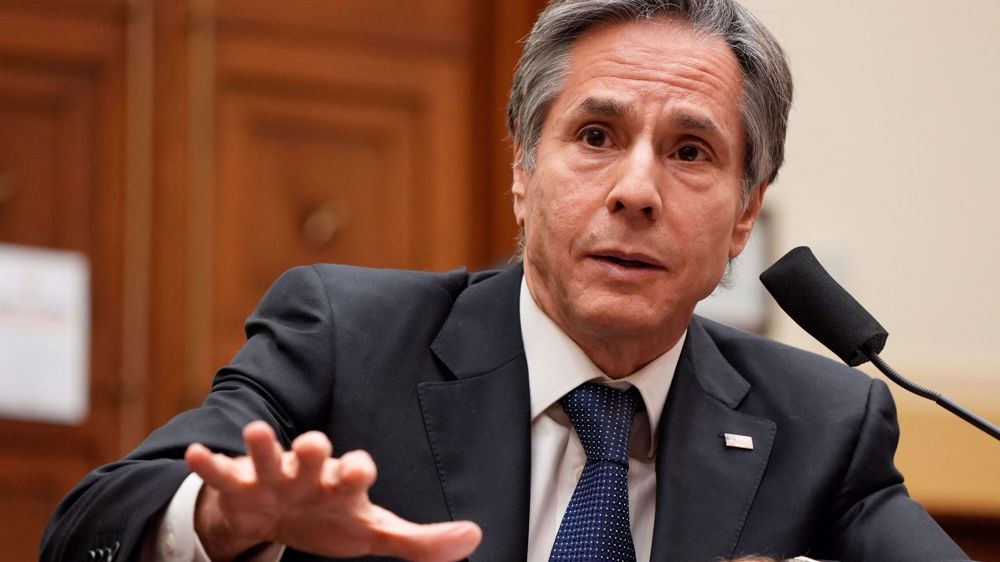
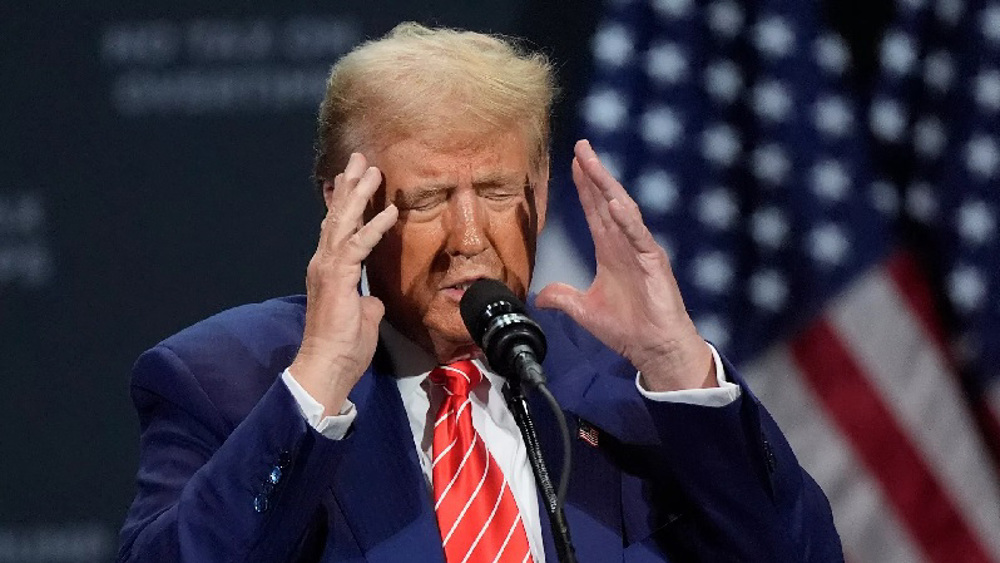
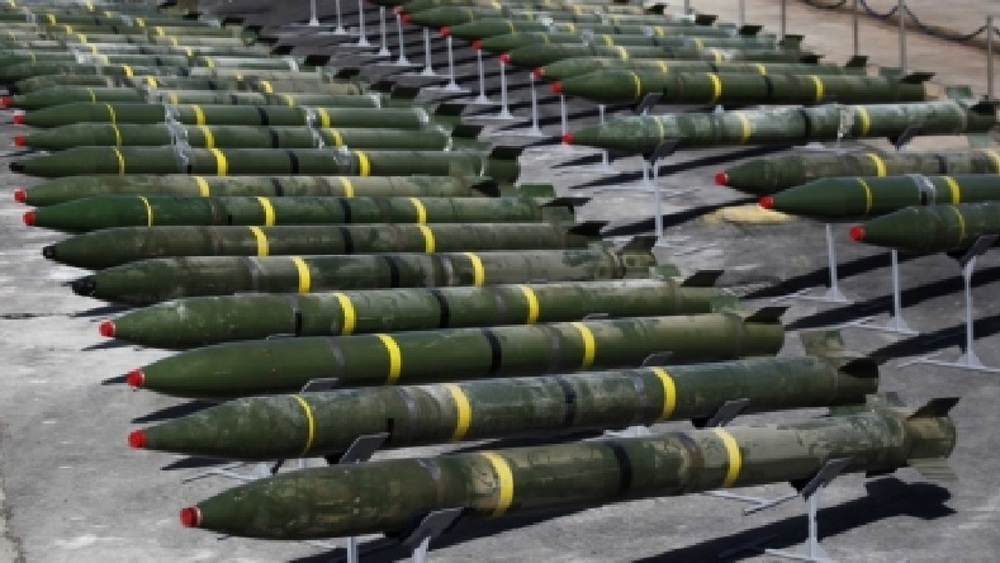
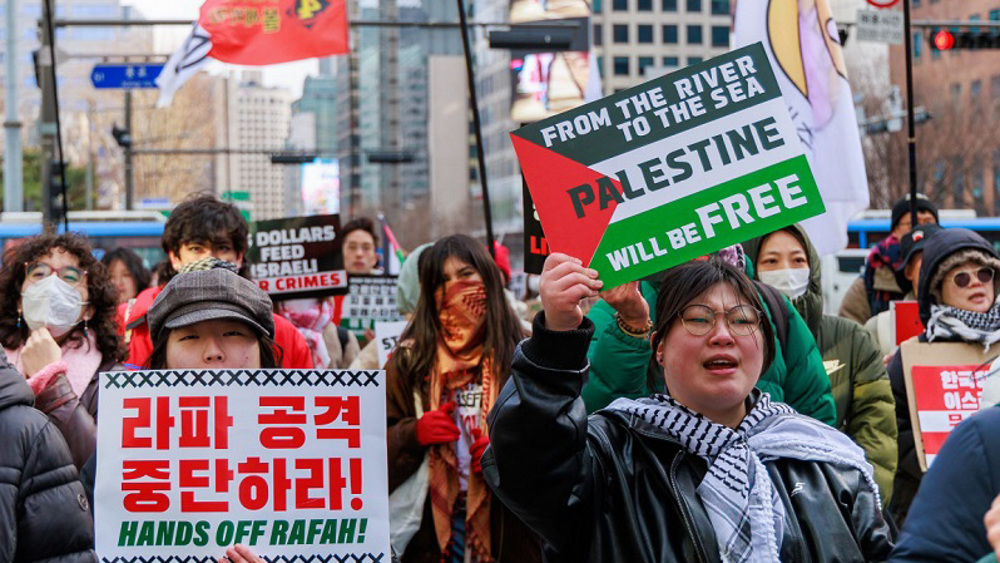






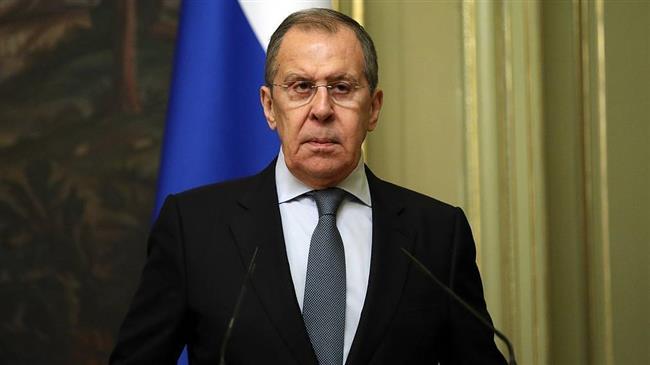

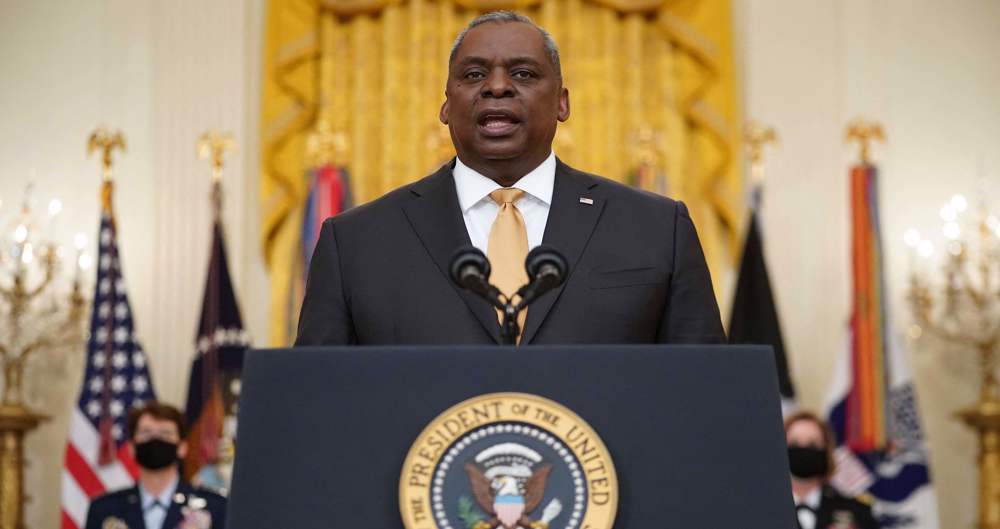
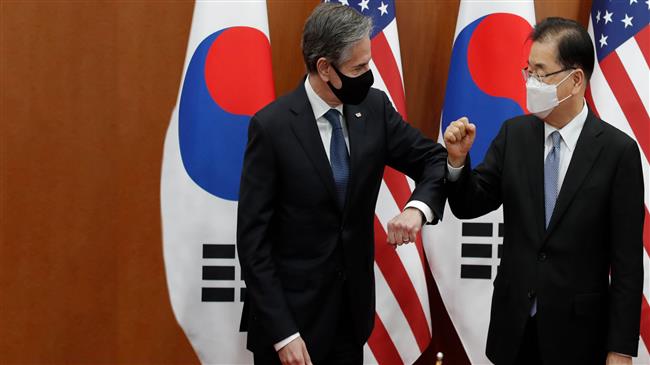
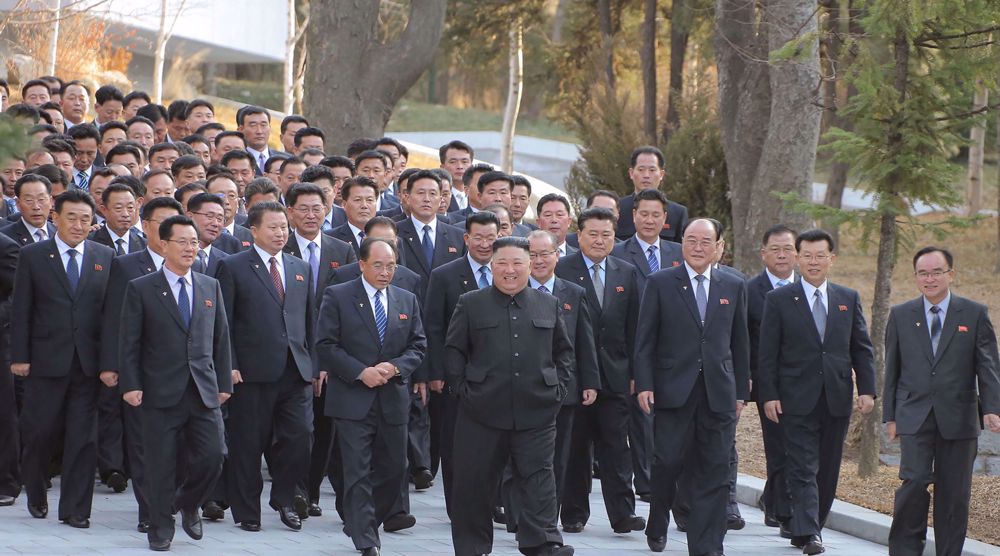
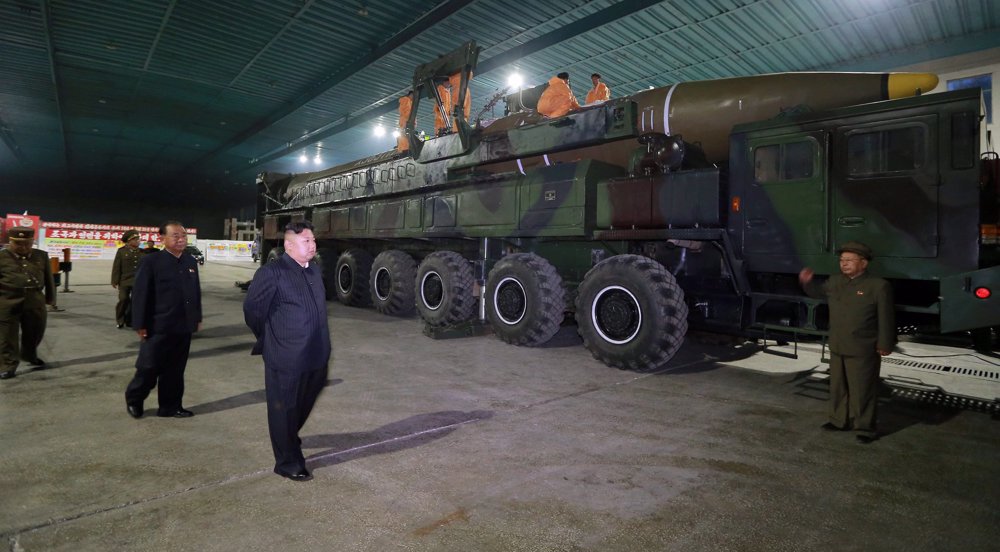


 This makes it easy to access the Press TV website
This makes it easy to access the Press TV website